Table Of Contents
- What Even Is Insurance?
- The Big Question: How Can Insurance Protect You From Financial Loss?
- 1. Health Insurance (Because Hospitals Don't Accept Hugs!)
- 2. Life Insurance (For When You're Not Around to Pay the Bills)
- 3. Auto Insurance (Because Roads Are Wild!)
- 4. Homeowners' Insurance (Your Roof, Your Rules)
- 5. Travel Insurance (For When Vacations Go Sideways!)
- Why Do People Skip Insurance?
- How Much Does Insurance Cost? - A Quick Math Check
- How to Pick the Right Insurance (Without Losing Your Mind)?
- Insurance Isn't Just for Rich People
- The Emotional Side of Having Insurance
- Don't Wait for the Storm!
- Frequently Asked Questions (FAQs)
- What Even Is Insurance?
- The Big Question: How Can Insurance Protect You From Financial Loss?
- 1. Health Insurance (Because Hospitals Don't Accept Hugs!)
- 2. Life Insurance (For When You're Not Around to Pay the Bills)
- 3. Auto Insurance (Because Roads Are Wild!)
- 4. Homeowners' Insurance (Your Roof, Your Rules)
- 5. Travel Insurance (For When Vacations Go Sideways!)
- Why Do People Skip Insurance?
- How Much Does Insurance Cost? - A Quick Math Check
- How to Pick the Right Insurance (Without Losing Your Mind)?
- Insurance Isn't Just for Rich People
- The Emotional Side of Having Insurance
- Don't Wait for the Storm!
- Frequently Asked Questions (FAQs)
Life Happens—Insurance Happens Too: Your Safety Net Against Financial Chaos
Insurance wake-up call nobody wants. You may be cruising through life – job is decent and bills are paid. Moreover, you have got a little saved up. However, suddenly, your car gets totaled or your house floods. Also, things might get worse when someone in the family ends up in the hospital.
Suddenly, you are staring down a mountain of expenses. And probably you are thinking, “How on earth am I going to pay for all this?” That’s where insurance steps in. It is not a luxury or a boring adult thing. Rather, it is a lifeline.
Hence, it is essential for you to learn: how can insurance protect you from financial loss? Read on to get a better idea of insurance and its importance in your life.
What Even Is Insurance?
In simple terms, Insurance is a contract. Here, you pay a company a little bit regularly (called a premium). In return, they promise to cover you if something bad happens – like an accident, illness, theft, or even death.
Basically, it’s like pooling money with a bunch of people where everyone chips in. However, when someone’s life goes sideways, the pool helps them out.
The Big Question: How Can Insurance Protect You From Financial Loss?
The following are the ways through which insurance will be able to protect you from financial losses:
1. Health Insurance (Because Hospitals Don’t Accept Hugs!)
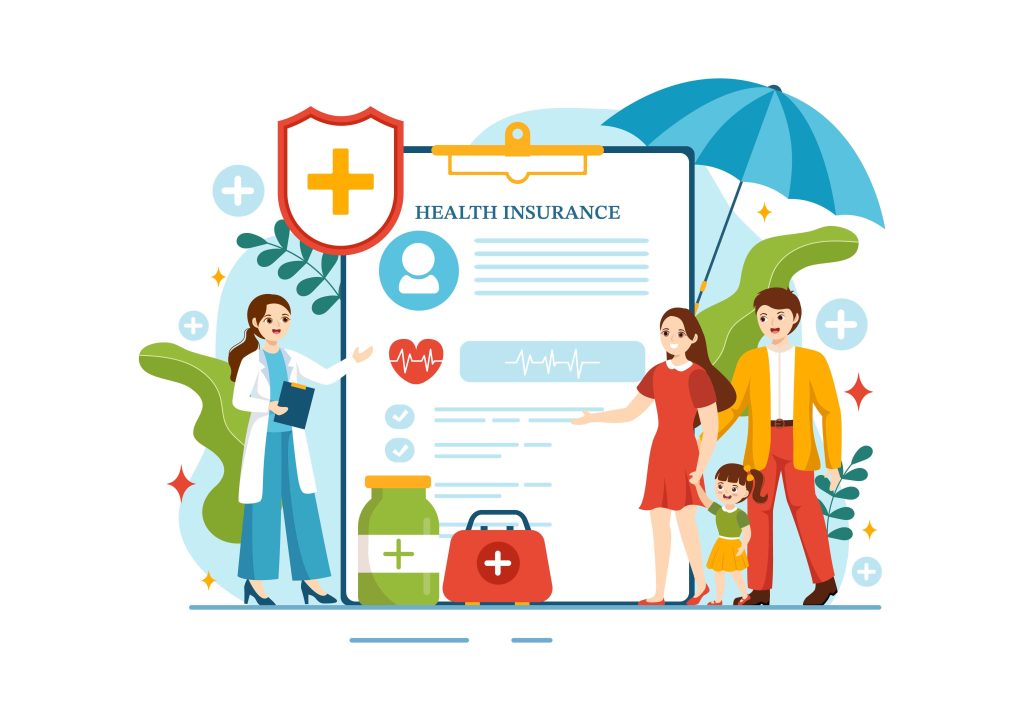
To be honest, medical bills are brutal. One surgery or one emergency room visit, and that’s it – you’re looking at $20,000, $50,000, sometimes more.
Health insurance helps cover those costs. Depending on your plan, it might pay for the following situations:
- Hospital stays
- Surgeries
- Medicines
- Tests and scans
Hence, without health insurance, you are draining your savings. Moreover, you might get into debt. Apart from that, in the U.S., where healthcare costs are sky-high, health insurance isn’t just smart – it’s survival.
2. Life Insurance (For When You’re Not Around to Pay the Bills)
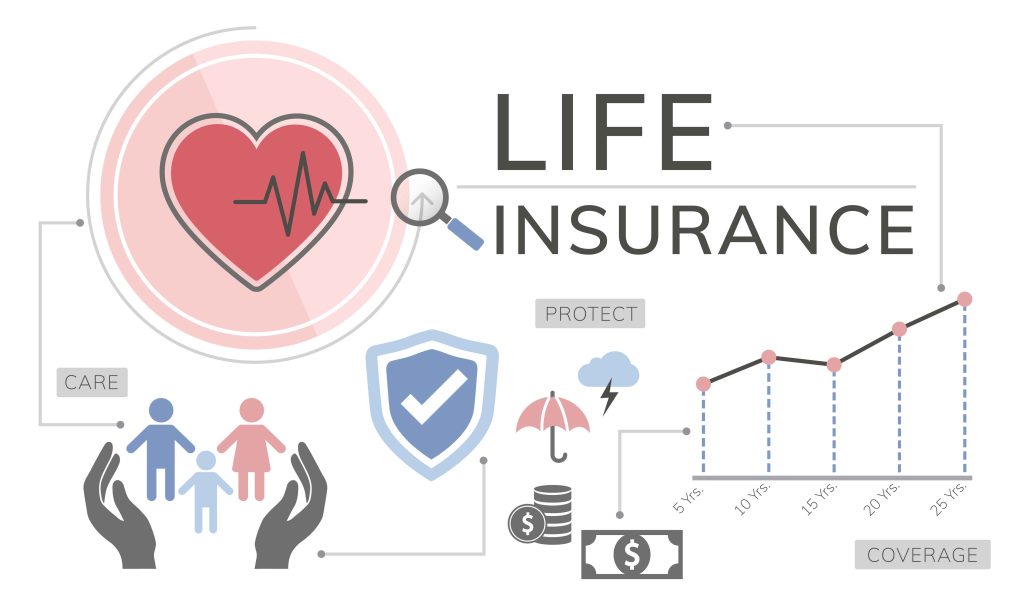
Nobody likes talking about death. However, no one will be able to escape it. It will come in everyone’s life.
For instance, if you’re the breadwinner and something happens to you. What happens to your family then? In fact, rent, school fees, groceries, etc,- they don’t stop.
In this case, life insurance gives your loved ones a payout (called a death benefit). It’s money they can use to keep going – to grieve without worrying about bills.
Term life insurance is the most straightforward. You pay a premium for a set number of years. If you pass away during that time, your family gets the money.
3. Auto Insurance (Because Roads Are Wild!)
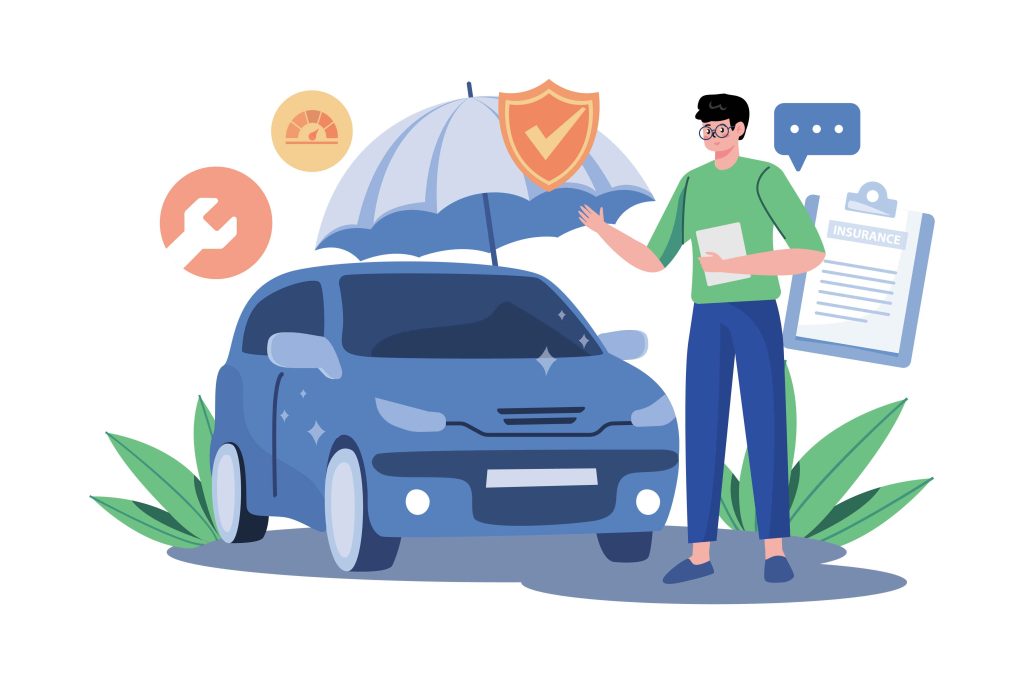
Driving in the U.S.? It’s chaos. For instance, distracted drivers, icy roads, deer crossings – anything can happen. Hence, auto insurance is mandatory in most states and for good reason.
There are two types of auto insurance:
- Third-party insurance: Covers damage to others (their vehicle, property, injuries).
- Comprehensive insurance: Covers your car too – accidents, theft, and natural disasters.
Without auto insurance, you are paying for repairs out of pocket. Otherwise, you have to face legal fees if someone sues you.
4. Homeowners’ Insurance (Your Roof, Your Rules)
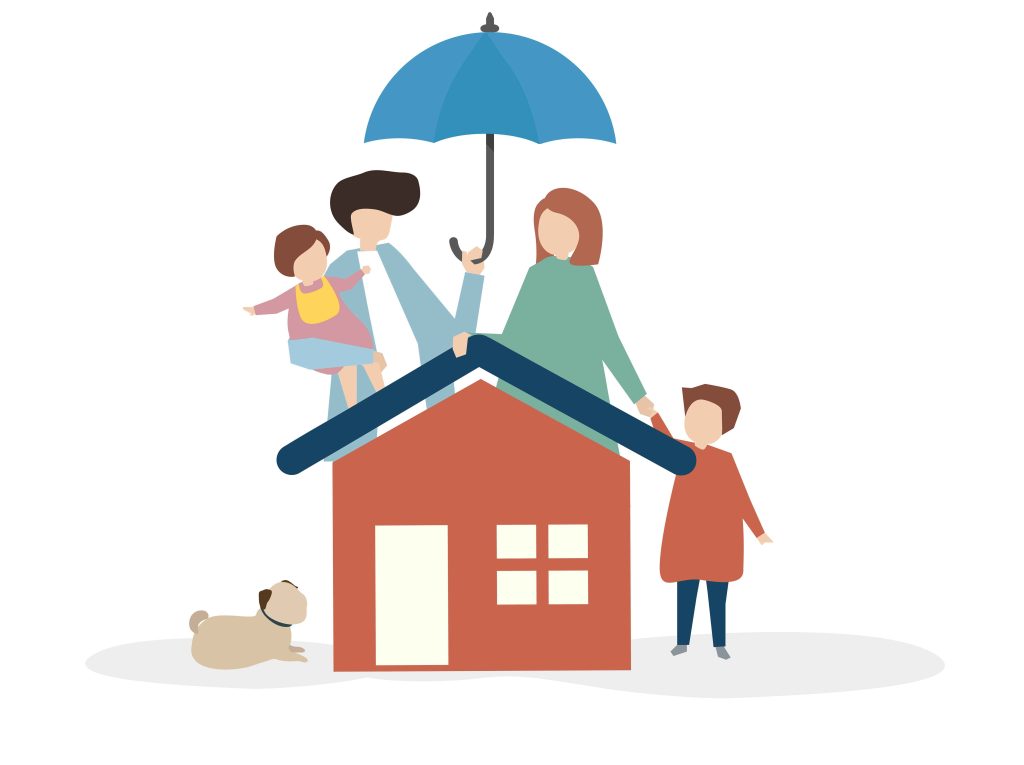
Primarily, your home is probably your biggest asset. However, it is also vulnerable to fire, floods, earthquakes, theft, etc.
Hence, homeowners’ insurance helps cover the following:
- Structural damage
- Loss of belongings
- Temporary housing (if your home becomes unlivable)
In general, homeowners’ insurance is mandatory if you have a mortgage. However, even if it’s not, it’s a no-brainer.
5. Travel Insurance (For When Vacations Go Sideways!)
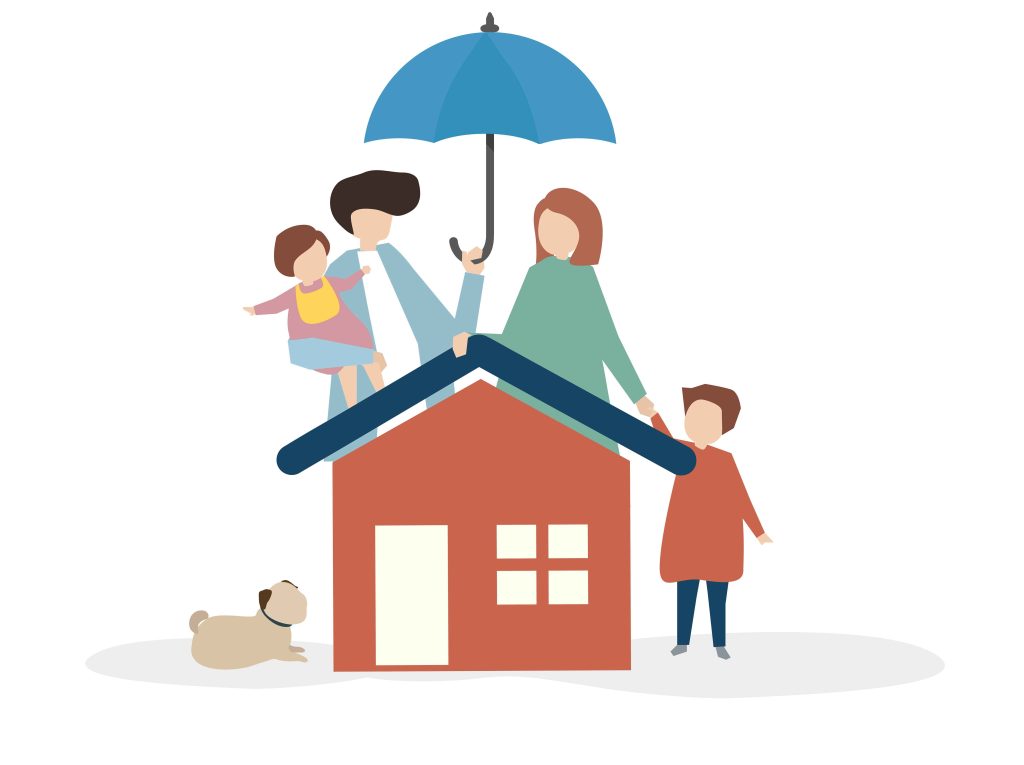
Some problems you might face while traveling are lost luggage, flight cancellations, or medical emergencies abroad.
Basically, travel insurance is like a safety net for your trip. It’s especially useful if you’re traveling internationally, where healthcare can be really expensive. Moreover, some plans even cover COVID-related disruptions now.
Why Do People Skip Insurance?
The following are some of the major reasons why people avoid insurance:
- “It’s too expensive.”
- “I’m healthy. I don’t need it!”
- “It’s confusing.“
- “I’ll get it later.”
Actually, insurance isn’t about what’s happening now. Rather, it’s about what could happen. In fact, when it does, it’s too late to wish you had it.
How Much Does Insurance Cost? – A Quick Math Check
Let’s say you pay $1,200 a year for health insurance. Then one day, you need surgery. The bill might be $60,000.
In this case, your insurance covers most of it. You pay maybe $5,000 out of pocket. This way, you spent $1,200 a year for peace of mind. Also, you saved $55,000 when it mattered. Hence, getting insurance is not a bad deal.
How to Pick the Right Insurance (Without Losing Your Mind)?
Since there are many insurance providers, getting overwhelmed is a common thing. The following are a few factors you must think about in those cases:
- Health: Look for high coverage, low deductible, and a good network of doctors.
- Life: Term plans are simple and affordable. Choose based on your income and family needs.
- Auto: Go for comprehensive if your car’s new or expensive.
- Homeowners: Check if it covers natural disasters (important in flood or wildfire-prone areas).
- Travel: Always read the fine print – especially for exclusions.
Apart from that, talk to a good advisor. Otherwise, use comparison websites. Just don’t buy blindly.
Insurance Isn’t Just for Rich People
It is important to note that insurance isn’t some fancy thing for people with big houses and fancy cars. Rather, it’s for everyone.
Even if you earn $3,000 a month, a basic health or term life plan can protect your family from disaster. Moreover, with government programs like Medicaid, CHIP, and ACA subsidies, even low-income families can get coverage.
The Emotional Side of Having Insurance
Mental peace is one of the major reasons for getting insurance. In this case, you will know that you are covered. Also, your family won’t be left scrambling. Moreover, you won’t have to beg or borrow if something goes wrong.
Hence, insurance isn’t just financial protection. It’s emotional security.
Don’t Wait for the Storm!
Obviously, you don’t buy an umbrella after it starts raining. Rather, you buy it before it happens. Do the same with insurance. For instance, if you have been putting it off, ask yourself again: how can insurance protect you from financial loss?
This way, you will find the answer that fits your life. Because life is unpredictable, but your protection is not. What are your opinions on insurance coverage? Please share your opinions in the comments section below.
Frequently Asked Questions (FAQs)
The following are some of the most common questions you will come across regarding how insurance can protect you from financial loss:
Honestly, yes. You might feel invincible now, but life’s got curveballs. In fact, accidents, sudden illness, job loss – anything might happen. Basically, insurance isn’t about today. Rather, it’s about not going broke tomorrow.
Health and term life insurance are the cheapest insurance options. If you’re tight on cash, start there. Primarily, health insurance saves you from unnecessary hospital bills. Term life is dirt cheap and protects your family if you’re gone.
The payout depends on the type of insurance you have. After you face a car wreck, you file a claim, they assess damage, and cut a check. If you have a medical emergency, your provider bills the insurer directly (if it’s in-network).
Short answer: Yes.
Long answer: Imagine a $100,000 hospital bill. Or a lawsuit after a car crash. If you do not have coverage, you are in trouble. However, if you have insurance coverage, you pay a deductible, maybe a few thousand. Meanwhile, the insurance covers the rest.
Disclaimer: This blog post is for informational & educational purposes only and does not constitute insurance, legal, or financial advice. Coverage options and requirements vary by state and provider. For guidance specific to your situation, please consult with a licensed insurance professional.
Read Also:
- A Complete Guide To Voluntary Life Insurance
- Why Is Insurance Important In Our Daily Life? And Different Types ? Explained
- Healthcare Costs in the US: An Overlooked Factor in Salary Considerations
- Everything You Need To Know About Commercial Vehicle Insurance ? Coverage, Benefits & More
- Common Mistakes To Avoid For Effective Health Insurance Coverage And Maximum Financial Security










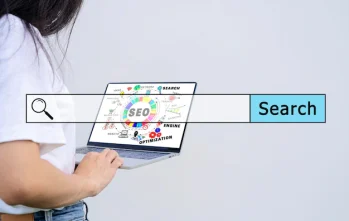
Leave A Comment